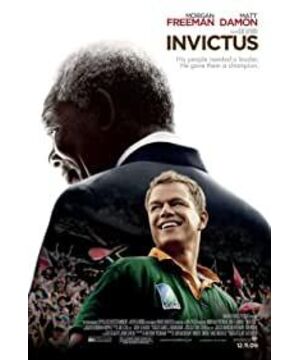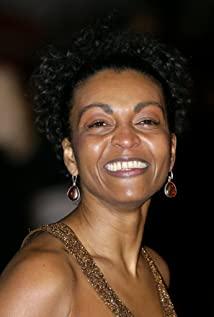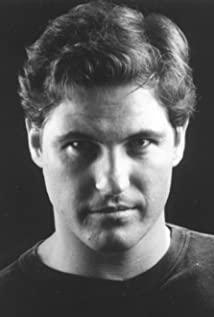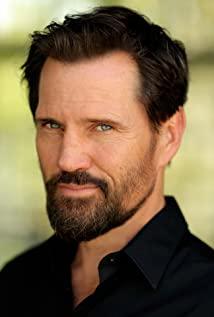"It Happens in People" tells how Mandela cut the racial divide in people's hearts at the beginning of his tenure, and integrated the South African society, which had been placed in apartheid and divided for a long time, in the name of the state. identification of ethnic political units. Mandela faced not only a lot of real political and governance issues, but also the misunderstanding and tearing between blacks and whites, and the contradictions of this collective consciousness were concentrated. Highlighted in the controversy over the South African national rugby team, and the upcoming Rugby World Cup. Because rugby is a distinctive sport brought and admired by Western whites, it is rejected by many blacks. The Springboks, except for one black player (Chester), are all white from coaches to service staff, and are even more rejected by blacks who account for the majority of the nation, and many blacks directly regard it as racial segregation. the flag spurned. Therefore, when Mandela took office, they were not high-spirited, but disillusioned and low-willed. They felt that the people of the country they represented were not optimistic and supported them, so they were once in a predicament and lacked a sense of honor and motivation. There was even a meeting of black people who wanted a black football team to replace all symbols of the Springboks. Therefore, the South African society at this time, like this team, is hesitant, confused and eager to change, and at the same time, further racial divisions are lurking. Mandela, on the other hand, sees the World Series and this troubled team as a rare political opportunity, and in a way, he is the captain of the South African team as a country:
"[Rugby] is a mentality, and if we take away what they hold dear, we're going to end up in a never-ending cycle of revenge."
"We need inspiration, Francois, because if we want to rebuild our country, we have to exceed all expectations," he told the Springboks captain.
And when he heard the match would be broadcast live to 1 billion viewers, Mandela said: "This is the perfect opportunity."
So Mandela came up with a very nationalistic plan: "One country, one team". Mandela arranged for the team to travel across the country into the black community to interact with them, let them understand the source of their true strength, and let the people of South Africa identify with their own national team, rather than the original stereotype—— Football representing whiteness and segregation. Therefore, when the refreshed Springboks appeared on the streets of Cape Town and Johannesburg, they were no longer greeted with cold eyes and ridicule, but with a warm welcome. In the end, on the pitch, the symbols of the South African nation (flags, slogans, songs) all converged into what Durkheim described as a "collective jubilation".
Captain Francois said during the pause: "Look up and look me in the eyes, do you hear? Listen to your country!"
It is this spirit that drives the Springbok team to overcome difficulties and finally win the championship. South Africa has also established its own image of an open, progressive and united country around the world. More importantly, because of the symbolic value of this sport, it inspires all South African people. The South African nation has thus crossed the racial border and become a A country that moves from division to identity under the unification of political units. Therefore, what we see here is that the symbol forest of nationalism composed of symbols is not forever conservative, it can even be transformed into a good medicine, in the name of the country and the nation, it can unite people's hearts across races and become a kind of A real progressive force. This shows that in addition to the conservative aspect of nationalism emphasizing inheritance and tradition, it can still be a progressive force. As Francois explained the reason for this victory:
"Not only do we have the support of 600 million South Africans, we have the support of 43 million South Africans!"
View more about Invictus reviews











